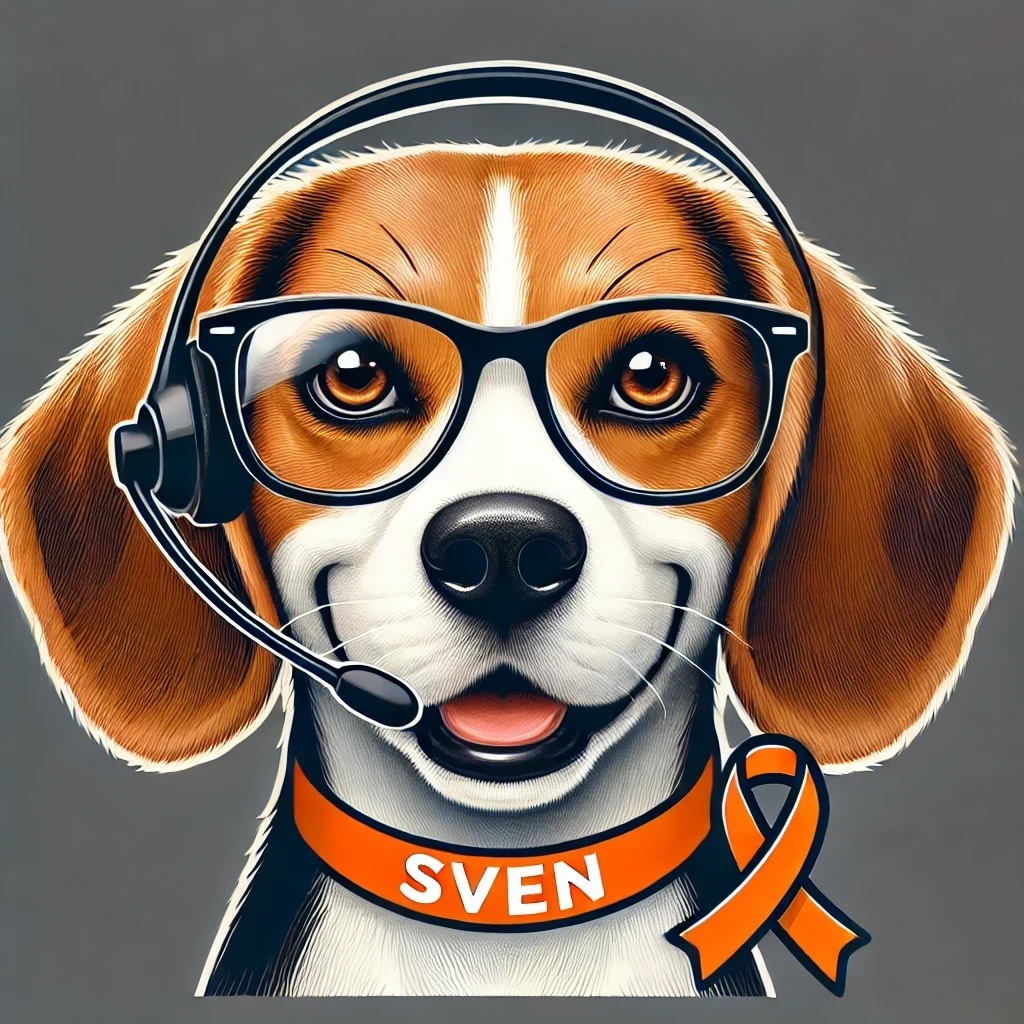- Home
- About Us
- Membership
- Information for Parents
- Annual Conference
- Training
- Publications/Products
Can Supervised Visitation Providers be Certified?Currently there is NO formal certification program for supervised visitation providers, so as the SVN Code of Ethics stipulate, providers should avoid "using terms such as "certification," "recognized," or "approved" unless authorized to do so by an appropriate governmental body or professional organization. How Did We Get Here?In 2009 SVN hired a credentialing consultant who described the complexity and cost of creating a credential to the Board of Directors. The consultant strongly encouraged SVN to do a careful study of our goals and to be sure we all understand the different of options for credentials (license, certification, a training certificate program, accreditation) and also recommended that we learn the wishes and needs of stakeholders: our members who have different kinds of practices (program and individual providers) with a range of clients (divorcing and separating families, child protection cases, reunification) and different models (for profit, non-profit). Equally important we needed to understand the wishes of the consumers of supervised visitation: courts and attorneys, child protective service agencies, domestic violence advocates, and the families who use the services. As an initial step the Committee developed and sent a survey to all our members, asking 822 providers to respond to an online questionnaire. The questionnaire covered demographics and type of practices, concerns about practices, hopes for what might be achieved by a credential and also questions about preference of type of credential and willingness to pay for the cost of development and implementation. Over 80% of all Providers agree or strongly agreed on three goals. They wanted:
We also heard from many providers who were concerned about the cost of a credential. They prefer less costly forms such as the certificate program of training, than more comprehensive forms (like certification and accreditation) which involve extensive documentation, examinations, and in-person assessments of practice. The survey of referral agencies (courts and funders) also indicated a majority were interested in some form of accountability of providers. 60% of Judges surveyed said that they did not have sufficient information about the training background of the providers in their area and almost 100% were specifically in favor of a certificate program that would verify completion of a basic training program. As a result of this process the decision was made to develop a formal certificate training program. The curriculum is the first ever developed that specifically covers all of the required SVN training topics in context for how they impact the provision of supervised visitation. We realize that some providers have access to excellent training and are already in compliance with the SVN training standards, but we want to be clear that the certificate program is strictly an alternate option. Providers already in compliance, may still benefit from the detailed curriculum and learn more about emerging developments in the field, while also attaining a certificate that will verify the knowledge they have attained. Some of the information included on this page was based on the Article, "Considering Certification" by Mikie Rops |

